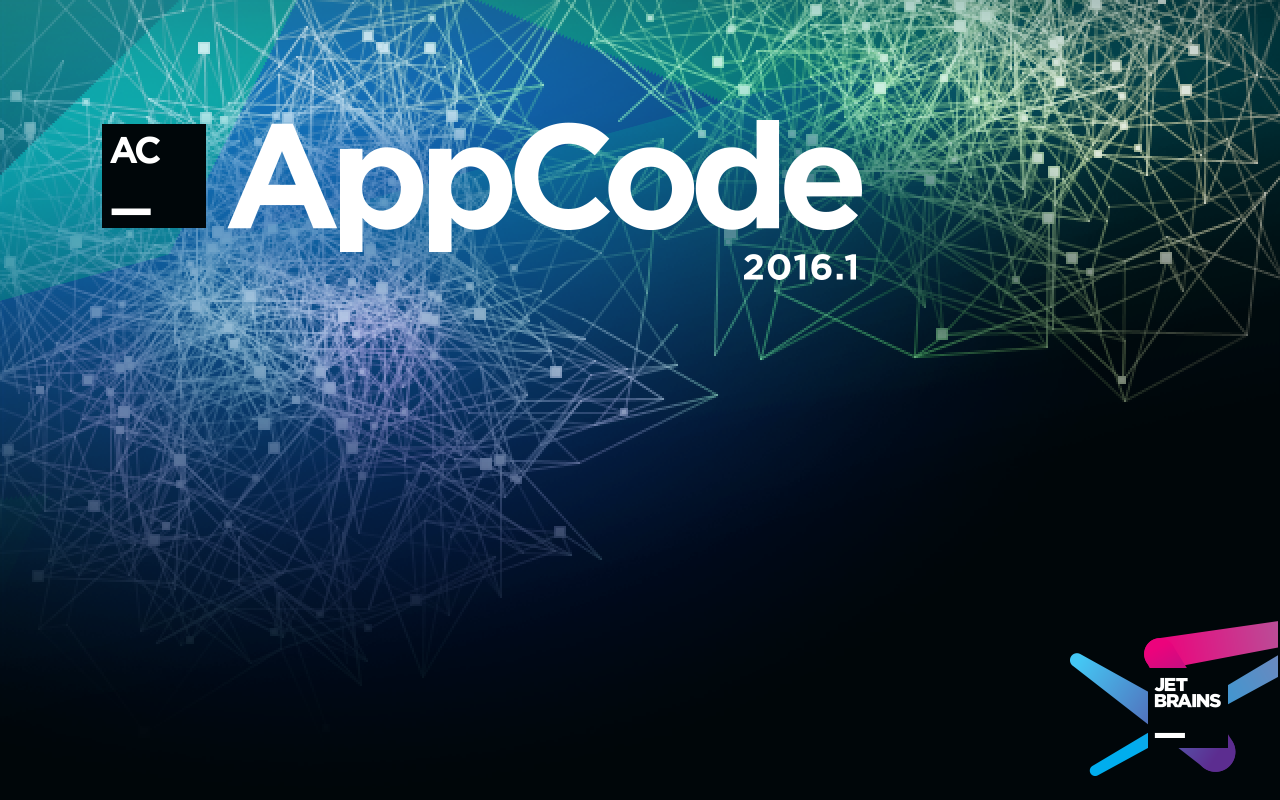
You can manually invoke the synchronization later by selecting Tools | Swift Package Manager | Resolve Dependencies from the main menu or Swift Package Manager | Resolve Dependencies from the context menu of the Project tool window: We’d like to thank all of the content creators for their efforts and invite everyone to explore their work.After loading a project, AppCode will start syncing its dependencies declared in Package.swift. You can also send us a link to your article, video, sample project, or any other type of content to so we don’t miss out! We love what our community has to say and can’t wait to see what you come up with! Don’t forget to add the #kotlinmultiplatform tag if the media platform you’re using allows it.
APPCODE SWIFT FREE
Feel free to share your expertise and experience on atopic of your choice. This list is just to help you get inspired, so don’t limit yourself. The migration of large projects to Kotlin Multiplatform.

Use cases – what have you shared with Kotlin Multiplatform?.Experience with Compose Multiplatform for iOS.Experiments with cutting-edge tools and libraries, such as Kotlin Multiplatform libraries in Jetpack.If you’re struggling to come up with a fresh idea for content, feel free to use the following list of the most requested Kotlin Multiplatform topics for inspiration: Including it in the relevant Kotlin Multiplatform documentation articles.Featuring it on the official Twitter account, Kotlin Slack, and YouTube Community.Mentioning it in a post on the Kotlin Blog.We choose our favorite new content once every three months and promote it by:
APPCODE SWIFT ANDROID
APPCODE SWIFT HOW TO
Going Swiftly: Using a Swift-only libraries in your Kotlin Multiplatform App – In this article, Evgeny Khokhlov explains how to use the Swift Klib Gradle Plugin to use pure Swift libraries in Kotlin Multiplatform shared code and demonstrates this through the use of the Apple CryptoKit library.Maximizing Mobile Code Reuse with Compose Multiplatform and MOKO Libraries – Aleksey Mikhailov explains how MOKO libraries complement Compose Multiplatform and can help developers use common mobile features across all platforms without having to write platform-specific code.Achieving Platform-Specific Implementations with Koin in KMM – This article by Mirzamehdi Karimov walks you through the process of migrating a Quotes project to Kotlin Multiplatform using Koin for dependency injection.Part 2 - Theme, UI Components, and Screens – In this article, Marko Novakovic describes the process of migrating an Android app to a 100% Compose Multiplatform app, particularly the theme, UI components, and screens. From Android to Multiplatform: Real 100% Jetpack Compose App.

In this blog post, we’re sharing another round of content pieces that will serve as a source of inspiration for learners. To acknowledge and appreciate the efforts of content makers, we regularly organize the Kotlin Multiplatform Content Creators Recognition Campaigns, which highlight articles and videos around the technology.

This advancement and expansion owe a great deal to the ideas, perspectives, and passions of our community contributors. Meanwhile, Compose Multiplatform is developing at a rapid pace with the development of Compose for iOS currently in its Alpha stage. Kotlin Multiplatform is making steady progress towards stability, and its ecosystem is growing and evolving. In today’s ever evolving technology landscape, the power of community-driven content cannot be overstated.


 0 kommentar(er)
0 kommentar(er)
